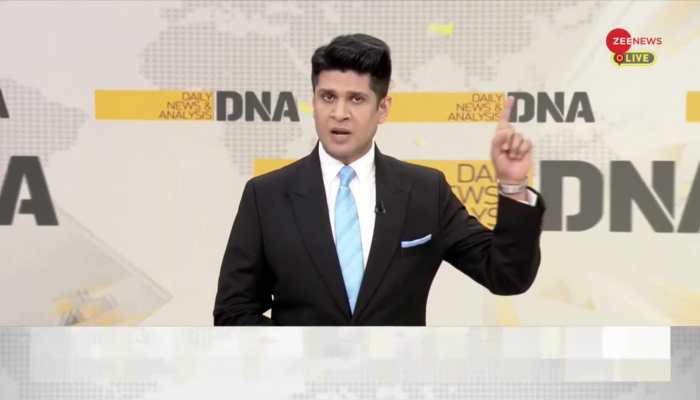RBI governor Urjit Patel breaks silence on PNB scam, seeks more power to deal with bank frauds
His comments come almost a month after India's second largest lender, state-owned Punjab National Bank was allegedly defrauded of around Rs 13,000 crore.
Trending Photos
)
Gandhinagar: RBI Governor Urjit Patel on Wednesday sought more powers to deal with frauds at public sector banks (PSBs) saying that the current enforcement mechanism is "not perceived" to be a major deterrent for fraudsters relative to gains from such activities.
His comments come almost a month after India's second largest lender, state-owned Punjab National Bank was allegedly defrauded of around Rs 13,000 crore by billionaire jeweller Nirav Modi and his uncle Mehul Choksi in connivance with some bank employees.
Referring to "very limited authority" of the central bank, Patel said the RBI cannot remove PSB directors and management, it cannot enforce mergers in PSBs nor it can trigger liquidation of state-owned banks.
Speaking at Gujarat National Law University here, he highlighted that banking regulatory powers in India are "not" ownership neutral as RBI's regulatory powers over PSBs are "weaker than" those over the private sector banks.
"From the RBI's standpoint, legislative changes to the Banking Regulation Act that make our banking regulatory powers fully ownership neutral – not piecemeal, but fully – is a minimum requirement," Patel said.
He urged the government to make banking regulatory powers neutral to bank ownership and levelling the playing field between public sector and private sector banks.
Patel said investigative and formal enforcement process takes in India, perhaps for the right reasons, a fair bit of time.
The RBI data on banking frauds suggests that only a handful of cases over the past five years have had closure, and cases of substantive economic significance remain open, he said.
"As a result, the overall enforcement mechanism - at least until now - is not perceived to be a major deterrent to frauds relative to economic gains from fraud," Patel added.
He noted that the market discipline mechanism for PSBs is appreciably weaker compared to that at private banks.
"There is implicitly a stronger perceived sovereign guarantee for all creditors of PSBs, and the principal shareholder - the government - has not so far been interested in fundamentally modifying the ownership structure," he said.
From an economic standpoint, this weakened market discipline should imply that the government would prefer stronger regulatory discipline of these banks, not weaker, he said.
Patel further said that the exemptions in the Banking Regulation Act prevent the regulator from taking effective action in case of irregularities at PSBs.
To further his point, he said that MDs at PSBs find it comfortable to tell media that business will be as usual for them under RBI's Prompt Corrective Action framework "as even if they do not meet the stipulated restrictions of the framework, the ultimate authority over their tenure is with the government and not with the RBI".
He also noted that legislative reality has in effect led to a deep fissure in the landscape of banking regulatory terrain: "a system of dual regulation, by the Finance Ministry in addition to RBI".
Stay informed on all the latest news, real-time breaking news updates, and follow all the important headlines in india news and world News on Zee News.
Live Tv







)
)
)
)
)
)
)
)
)
)
